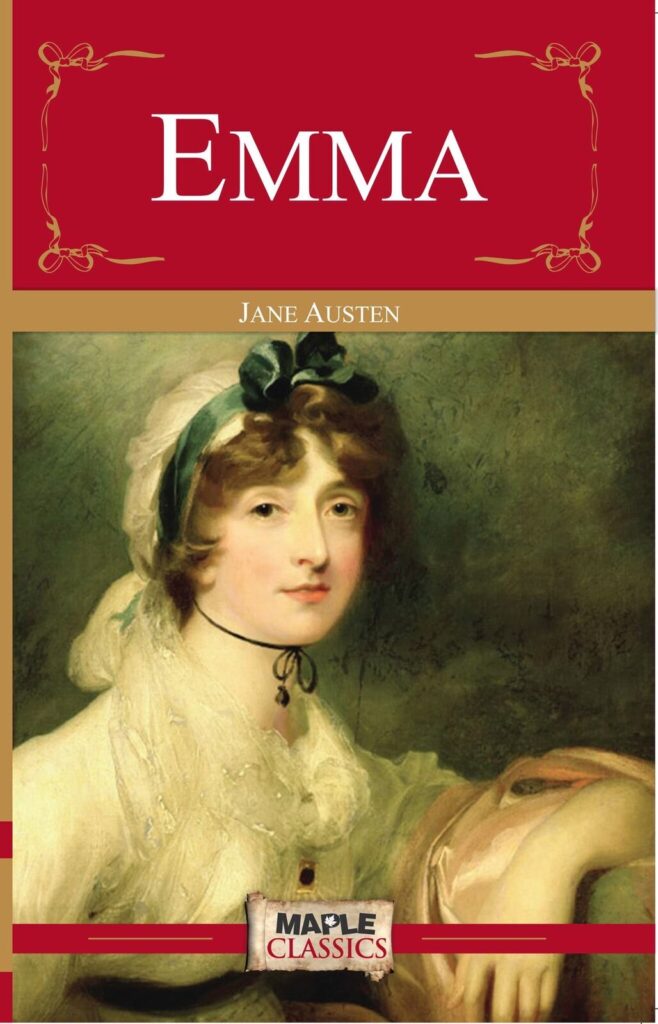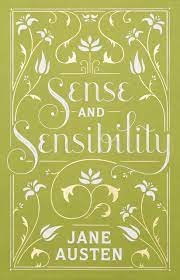Jane Austen’s novels pose a challenge for criticism. Something in Austen’s texture of her writing – its conversational ease, high spirits, bourgeois- domestic subject matter – confounds the heavy machinery of the academic critical apparatus.
She is one of the first English writers who gave the novel its distinctly modern character through her treatment of ordinary people in everyday life. She published four novels during her lifetime: Sense and Sensibility (1811), Pride and Prejudice (1813), Mansfield Park (1814), and Emma (1815).

Austen published anonymously as “A Lady”; in her own lifetime, she had no public life as a writer among writers. She had a generous critic-champion in Walter Scott, but if her work was read at all (and after her death she was out of print for 12 years) it was thought of as being on the genteel, female margins of literary culture.
In Persuasion and Northanger Abbey (published together posthumously, 1817), she vividly depicted English middle-class life during the early 19th century. Her novels defined the era’s novel of manners, but they also became timeless classics that remained critical and popular successes for over two centuries after her death.

The opening line to Jane Austen's most famous novel is one of the best-known lines in literature, and for good reason.
“It is a truth universally acknowledged, that a single man in possession of a good fortune, must be in want of a wife.”
- Pride and Prejudice (1813)
Pride and Prejudice is a romantic novel of manners written by Austen in 1813. The novel revolves around the importance of marrying for love, not for money or social prestige, despite the communal pressure to make a wealthy match.Jane Austen’s achievement depended on her penetrating intelligence, which saw so clearly; and on her strong instinct for the rhythms of story form. But her genius was in being able to imagine, better than anybody else anywhere had done up to that point, just how much the novel narrative could do in constituting this illusion of presence. Austen’s work is everywhere so fresh, just because she’s at the beginning of this new realism, before it’s worn into its cultural groove.
In January 1814, Jane Austen wrote a revolutionary novel. Emma(1815), the book she composed over the next year, was to change the shape of what is possible in fiction. Perhaps it seems odd to call Austen “revolutionary” – certainly few of the other great pioneers in the history of the English novel.


It was certainly not revolutionary because of any intellectual or political content. But it was revolutionary in its form and technique. Its heroine is a self-deluded young woman with the leisure and power to meddle in the lives of her neighbors. The narrative was radically experimental because it was designed to share her delusions. The novel bent narration through the distorting lens of its protagonist’s mind. Though little noticed by most of the pioneers of fiction for the next century and more, it belongs with the great experimental novels of Flaubert or Joyce, or Woolf.
Woolf wrote that if Austen had lived longer and written more, “She would have been the forerunner of Henry James and of Proust”.
Austen wrote about unremarkable people in unremarkable situations of everyday life, and yet she shaped such material into remarkable works of art. The economy, precision, and wit of her prose style; the shrewd, amused sympathy expressed toward her characters; and the skillfulness of her characterization and storytelling continue to enchant readers.
For more articles visit https://unvoicedmedia.in/
Written By: Mohit Vyas
Editor and Team Lead: Ashutosh Sharma
About The Author(s)
Chemistry major with self-proclaimed good taste in Books and Music.

